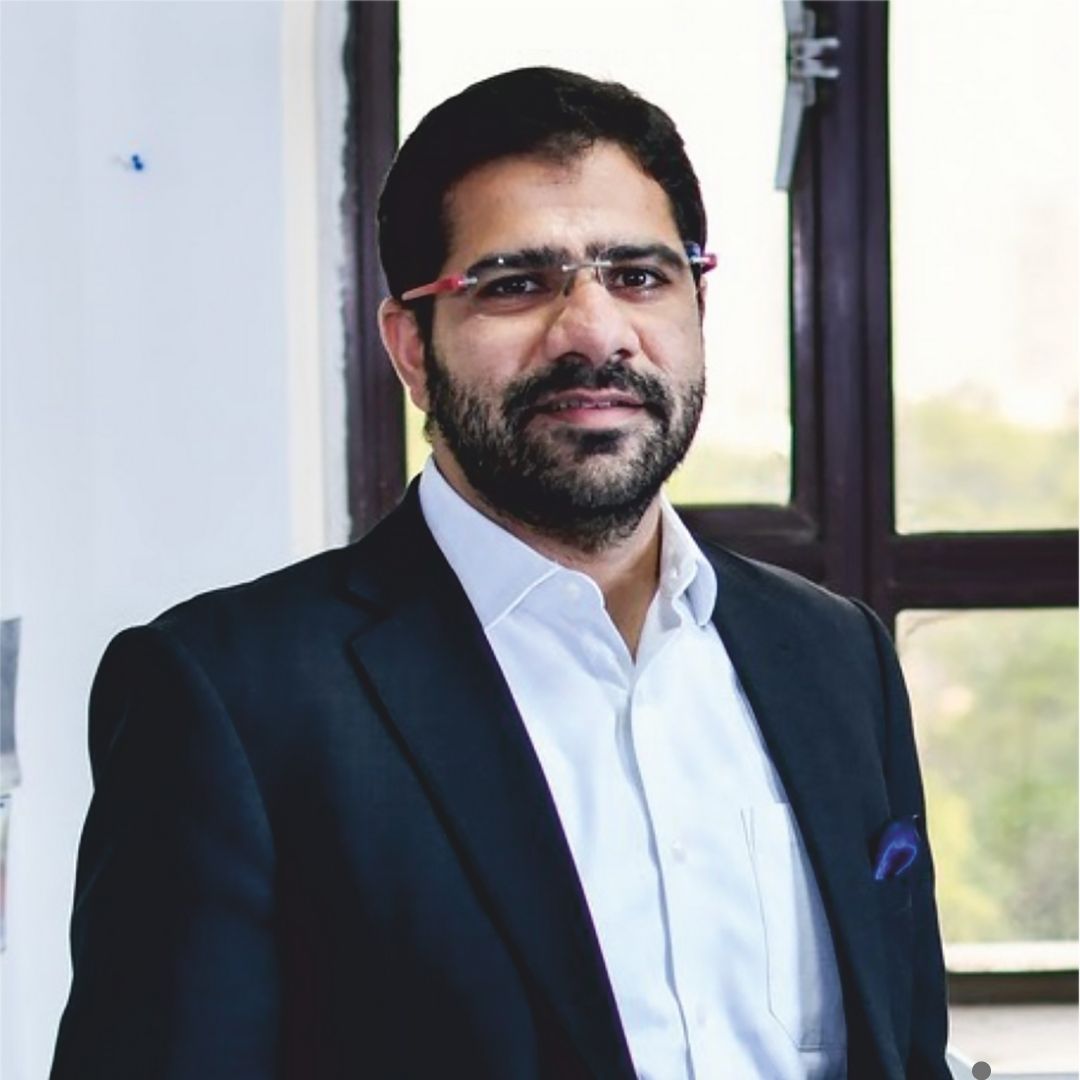eSec Forte® Technologies is a CMMI Level-3 ISO 9001-2008, 27001-2013 certified Global Consultation and Implementation firm. The company is listed as Top 10 Cyber Security Companies in India. Below is a snippet from a recent interaction between team IT-Voice and Kunal Bajaj, Chief Business Officer, eSec Forte Technologies.
Prateek: What are some of the challenges that the Information Security segment faces?
Smart cybersecurity has an imperative role to play in identifying, filtering, neutralizing, and remediating cyber-threats. By harnessing evolving enterprise tools like these, enterprises will more readily be able to meet future challenges.
For any such interaction opportunities, you may write to us at [email protected].








